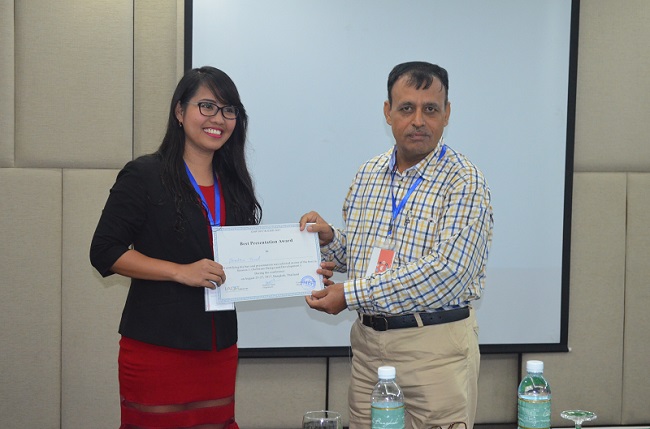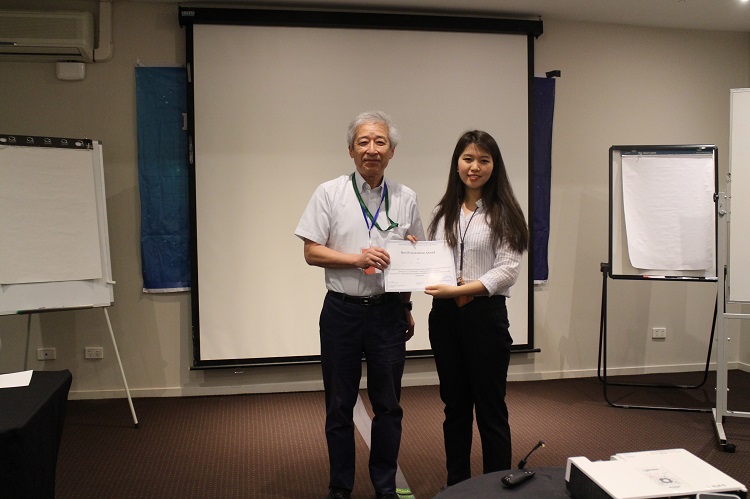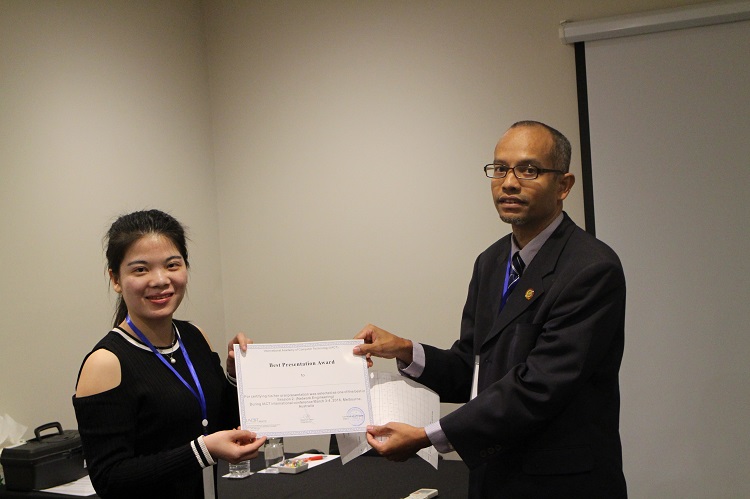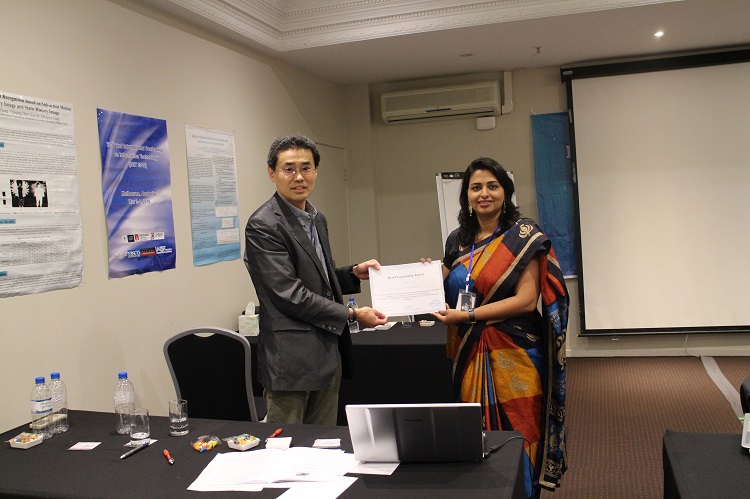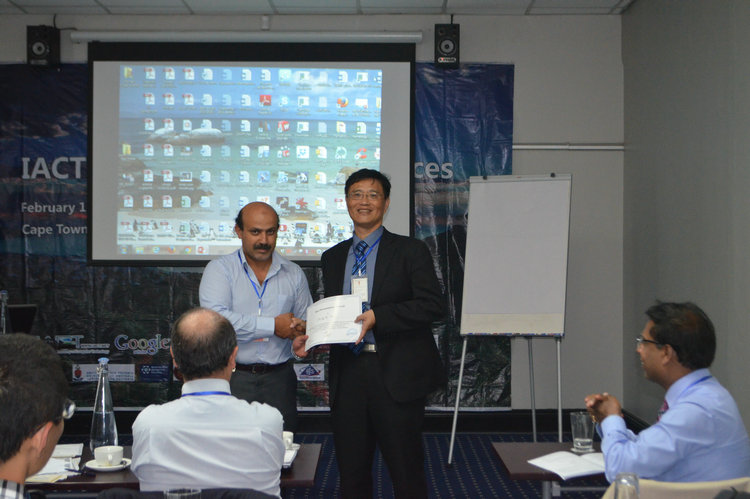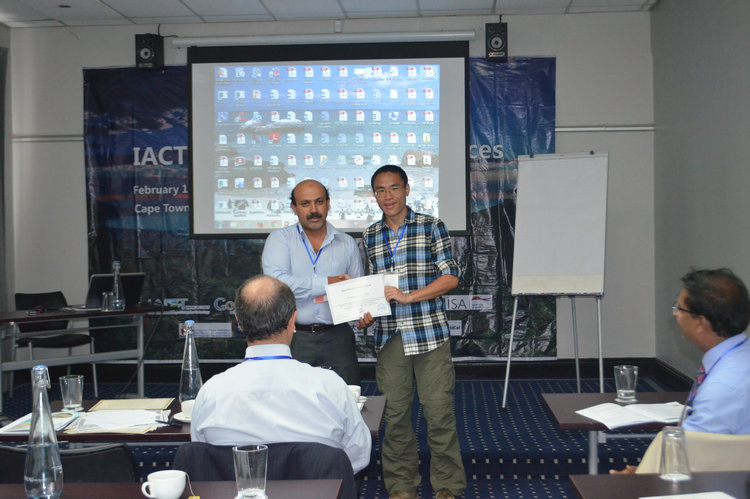The research, published in Educational Review, analysed around 9000 responses from over 3,000 secondary school students aged 11-16 in England.
While intelligence was still seen as important, the study found that young people value a much wider range of characteristics in computer science students, including creativity and collaboration.
Key findings include:
- Eight main clusters of characteristics were identified: Smart & Clever; Knowledgeable & Interested; Determined & Hardworking; Kind & Helpful; Creative; Independent; Confident; and Collaborative.
- Students aspiring to careers in computer science were more likely to value diverse traits beyond just intelligence.
- Girls were more likely to describe the ideal computer science student as independent, but less likely to describe them as kind and helpful.
- Students from less advantaged backgrounds were more likely to focus on intelligence as the key trait.
Professor Wong added: "These insights can help educators and policymakers promote a more inclusive image of computer science. By highlighting the diverse skills valued in the field, we can encourage more young people to see themselves as potential computer scientists."
The study is part of the SCARI computing project, a three-year study funded by the Nuffield Foundation. It aims to understand factors shaping participation and performance in computer science education, with a focus on addressing the underrepresentation of girls in the field.
University of Reading. "Redefining the computer whiz: Research shows diverse skills valued by youth." ScienceDaily. ScienceDaily, 11 August 2024.

